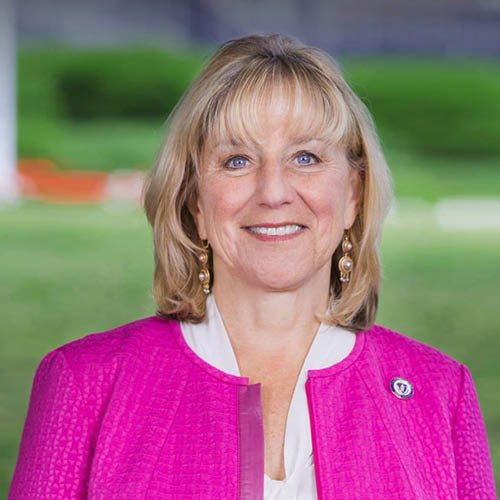Senate President Karen Spilka vows to ‘fight like hell’ for President Biden’s unity agenda, including for mental health reform

Alison Kuznitz | MassLive | March 14, 2022
Massachusetts Senate President Karen Spilka, a vocal advocate for behavioral health reform, vowed Monday to support President Joe Biden’s mission to tackle the country’s worsening mental health crisis exacerbated by the COVID-19 pandemic.
During a virtual White House briefing focused on the American Rescue Plan Act, Spilka touted Massachusetts’ “significant” investments in mental health and behavioral health, tallying about $400 million.
That includes $122 million for loan repayment programs to recruit and retain mental and behavioral health professionals that “we so desperately need,” Spilka said. The federal COVID relief augmented the Senate’s Mental Health ABC Act 2.0 — which passed in mid-November — aimed at established mental health insurance parity, addressing the emergency room boarding room crisis and implementing annual mental health wellness exams, among other priorities.
“As President Biden called for in his State of the Union address, let’s get all Americans the mental health services that they need … ” Spilka said during Monday’s briefing. “While I’m very proud of the strides we’ve made in Massachusetts on these issues, my sincere hope is that these important initiatives become reality for all Americans, and so I will continue to fight like hell for President Biden’s unity agenda. I agree with the president that our best days are ahead.”
Biden’s sweeping mental health strategy entails strengthening the network of behavioral health providers, launching the 988 crisis response line, expanding community-based mental health services, integrating mental health and substance use treatment into primary care settings, and improving access to tele-health options, according to the White House.
Biden’s plan is also focused on expanding mental health programs at early childhood centers and schools, colleges and universities, and jails and correctional facilities. The president’s unity agenda involves tackling the opioid epidemic and and increasing medical services for veterans, as well.
During his State of the Commonwealth address in late January, Gov. Charlie Baker also heavily focused on mental health reform.
“The health care system doesn’t value behavioral health services, primary care and geriatric services,” Baker said at the Hynes Convention Center in Boston. “And as a result, there are enormous staff and clinician shortages in exactly the areas of care we need most.”
Federal COVID relief money is crucial for ensuring Massachusetts’ full post-pandemic recovery, “which remains ahead of us,” Spilka said during the White House briefing Monday.
Lawmakers were “intentional” about spurring transformational change through the ARPA package, Spilka said. Notable investments, according to Senate president, include $600 million to support renters and homeowners, $500 million for premium pay bonuses for essential workers, $75 million for small businesses, and $50 million for grants to support “historically underserved populations” and minority-owned, women-owned and veteran-owned small businesses.
“Recognizing the shortage of our workforce that employers are facing, as well as the changing nature of work in general, we prioritized investments in workforce development and vocational training, particularly in human service sectors — because, simply, you cannot outsource these jobs,” Spilka said.
Spilka, rattling off a list of other Beacon Hill accomplishments, noted the Senate passed a “major reform bill” to lower prescription drug prices, such as insulin. She said the Senate will tackle early education and child care, as well as climate resiliency in “the next month.”
